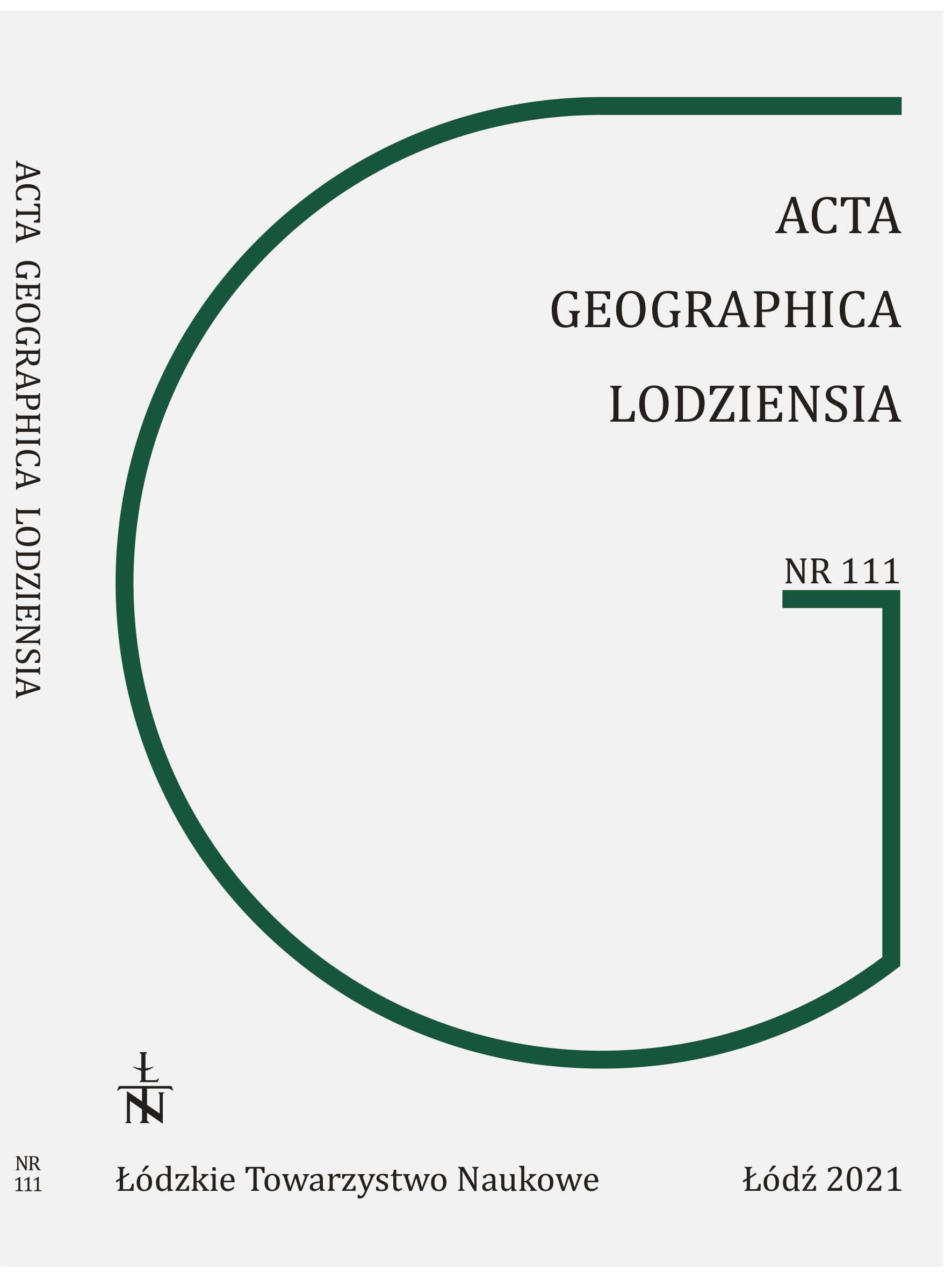Multi-proxy inferred hydroclimatic conditions at Bęczkowice fen (central Poland); the influence of fluvial processes and human activity in the stone age
Multi-proxy inferred hydroclimatic conditions at Bęczkowice fen (central Poland); the influence of fluvial processes and human activity in the stone age
Author(s): Mateusz Płóciennik, Aleksandra Jakiel, Jacek Forysiak, Piotr Kittel, Dominik Kacper Płaza, Daniel Okupny, Dominik Pawłowski, Milena Obremska, Stephen J. Brooks, Bartosz Kotrys, Tomi P. LuotoSubject(s): Geography, Regional studies
Published by: Łódzkie Towarzystwo Naukowe
Summary/Abstract: Fens have been forming in the river valleys of central Poland since the Bølling and went through a transformation from fully aquatic to semiterrestrial habitats during the Younger Dryas/Holocene transition. This drove plant and invertebrate communities and left a distinct pattern in chemical sediment composition, which is why river valley peatlands are sensitive palaeo-archives of climatic, hydrological and edaphic changes. Here we reconstruct the Late Weichselian history of the Bęczkowice fen in the upper Luciąża River valley using geochemical, pollen, Cladocera and Chironomidae proxies. Pollen-based age estimation indicates that the analysed peat sequence dates from the Bølling to Early Holocene. The layers 190-170 cm and 125-105 cm of the studied core were reworked by fluvial processes. Chironomidae and Cladocera communities indicate mostly limnetic conditions during the Allerød and early Younger Dryas. Peatland pools were supplied mostly by Luciąża River floods, but also by groundwater. Since the onset of the Holocene, the water level has dropped, eliminating aquatic midges and water fleas, and supporting taxa typical of astatic waters and wet soil.
Journal: Acta Geographica Lodziensia
- Issue Year: 2021
- Issue No: 111
- Page Range: 135-157
- Page Count: 23
- Language: English

